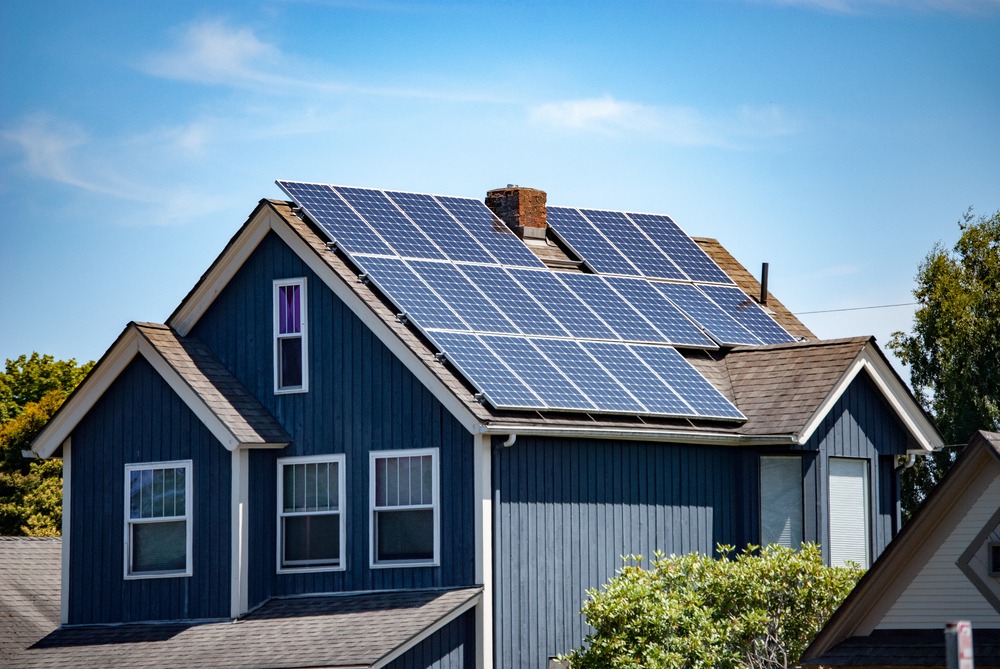When it comes to how much a solar installation should cost you, there is no definitive answer.
The price of a solar installation can vary depending on a number of factors, including the size and complexity of the system, the state you live in, and even the installer you choose.
That being said, there are some general trends that can give you an idea of how much you should expect to pay.
In this blog post, we will discuss what those trends are and how they can affect the final cost of your solar installation.
What Factors Determine How Much a Solar Installation Should Cost You?
The cost of a solar installation can vary depending on a number of factors, including the size of the system, the type of equipment used, and the complexity of the installation.
Generally, though, you can expect to pay between $3 and $5 per watt for a residential solar system.
There are a number of government and financial incentives that can help offset the cost of a solar installation.
In the United States, for example, the federal government offers a tax credit worth 30% of the cost of a solar system.
There are also many state and local incentives that can reduce the cost of a solar installation.
How to Get the Best Price on a Solar Installation
Installing solar panels can be a great way to reduce your energy bills and help the environment. But how much should you expect to pay for a solar installation?
The cost of a solar installation varies depending on the size of the system, the location, and the company installing it.
However, according to a 2017 report by the National Renewable Energy Laboratory (NREL), the average cost of a solar installation was $17,05 per kilowatt (kW).
This means that a typical home solar installation in the United States would cost around $23,000 after federal tax credits.
The price of solar has been falling rapidly in recent years and is expected to continue to do so.
What to Consider When Choosing a Solar Installer
There are many factors you need to consider when choosing a solar installer. Price is certainly one factor, but it’s not the only one.
You also need to consider the company’s track record, how experienced their staff is, and what type of warranties they offer.
Here are a few tips to help you choose the right solar installer:
- Get quotes from several different companies.
- Compare apples to apples. Make sure you’re comparing similar products and services.
- Check the company’s track record. How long have they been in business? Do they have a good reputation?
- Ask about warranties and guarantees. What kind of coverage do they offer?
How to Make the Most of Your Solar Installation

If you’re thinking of installing solar panels in your home, it’s important to do your research to make sure you’re getting the best deal.
While the cost of solar has come down in recent years, it’s still a significant investment.
The good news is that there are a number of ways to make the most of your solar installation and save money in the long run.
Here are a few tips:
- Consider financing options: There are a number of financing options available for solar installations, including leases and power purchase agreements. These can help make solar more affordable upfront.
- Take advantage of tax incentives: There are federal and state tax incentives available for solar installations. These can help offset the cost of your installation.
By following these tips, you can be sure that you’re getting the most out of your solar installation and saving money in the long run.
Do your research and take advantage of all the resources available to you to make solar work for you.
Summary
As you can see, the cost of a solar installation varies depending on how big your home is, how much energy you use, and what state you live in.
If you’re interested in installing solar panels on your home, it’s best to get an estimate from a local installer.
You can also visit the Database of State Incentives for Renewables and Efficiency to see what rebates and incentives are available in your state.



Comments are closed.